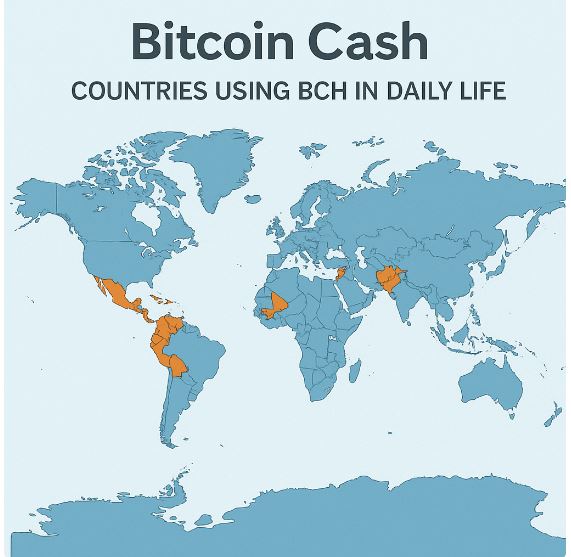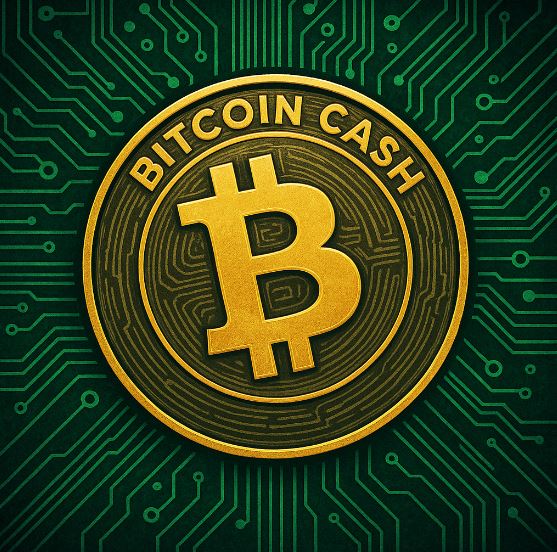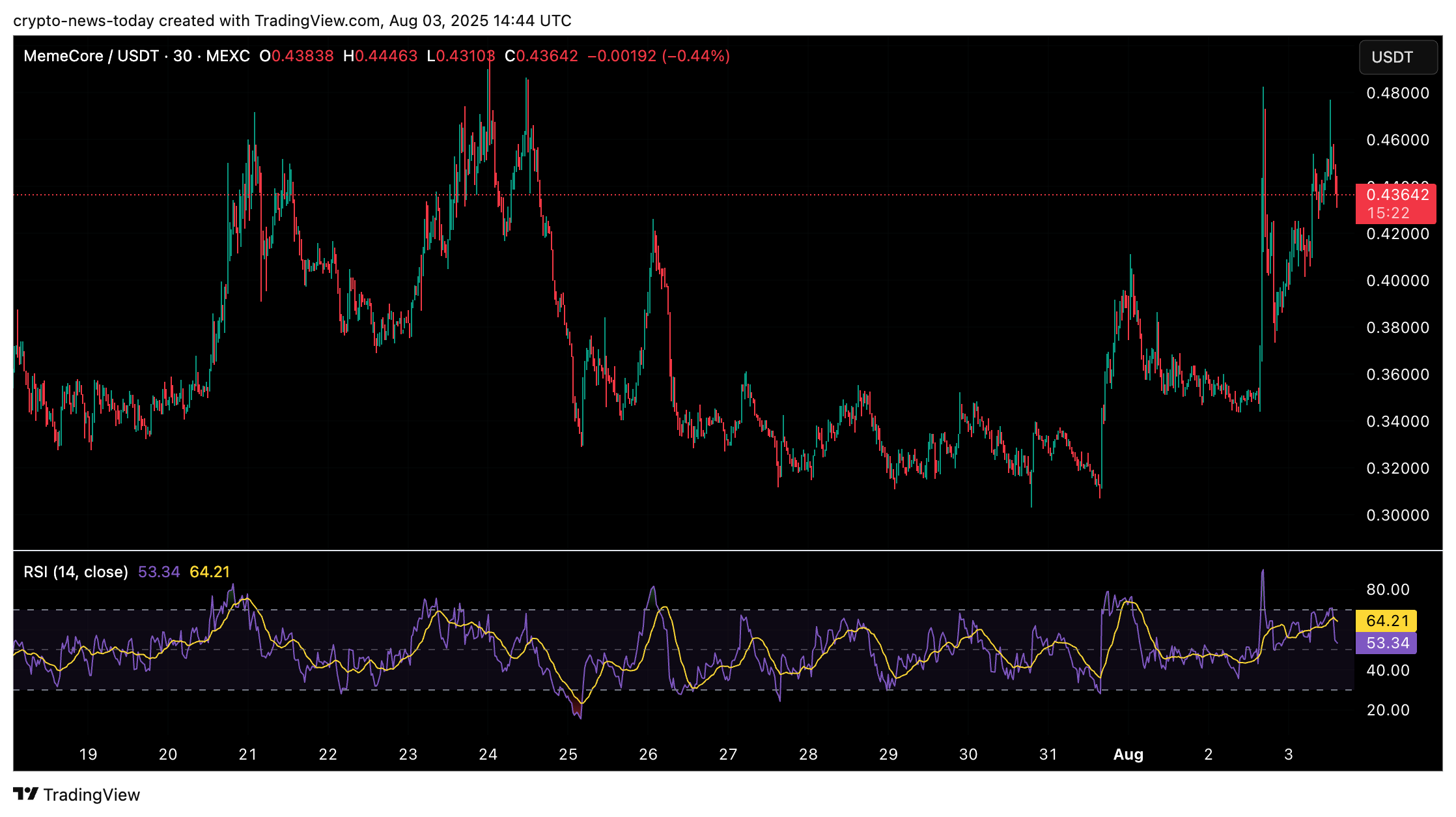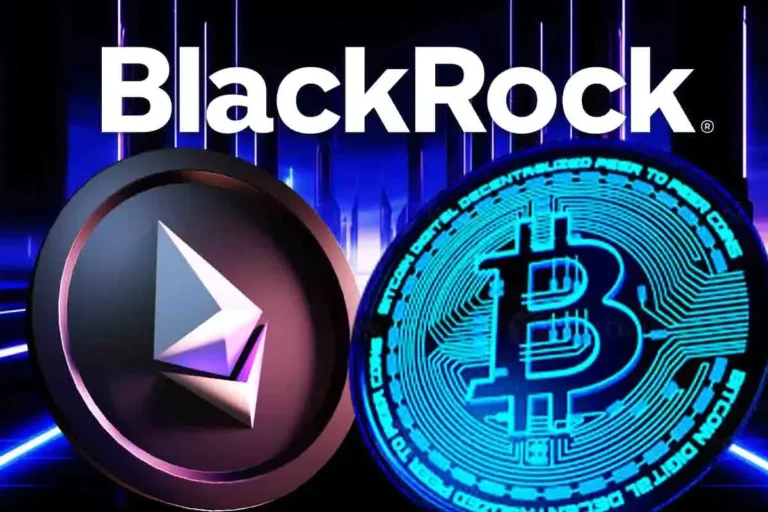Bitcoin Cash (BCH) is a peer-to-peer, decentralised, digital currency to support cheap, quick payments without an intermediary. It came up as the answer to the scalability issues of Bitcoin and provides a better framework to use in performing daily transactions.
Origins of Bitcoin Cash
Bitcoin Cash is a fork of the Bitcoin blockchain that occurred on August 1, 2017. The rift resulted from years of controversy on how to scale Bitcoin. On-chain scaling supporters (Developers, miners, and users) decided to go with the option of expanding the block size limit, thus resulting in the creation of a separate currency (Bitcoin Cash) whose roadmap was created accordingly.

The Technology Behind Bitcoin Cash
Blockchain Structure
Bitcoin Cash runs on blockchain technology, a decentralised digital ledger made of blocks storing transactions. Block connector Cryptographically, each block is connected to the last one, creating an unchangeable and secure record.
What Is a Decentralised Network?
Bitcoin Cash operates on a peer-to-peer decentralised network, meaning:
No central authority controls it.
Any person can run a node or be a miner.
The network achieves consensus through the Proof-of-Work (PoW) mechanism.
This structure is censorship-resistant and can be characterised by free participation anywhere in the world.
Transaction Speed, Costs, and Scalability
Feature Bitcoin Cash (BCH)
Block Size Limit: 32 MB
Transactions per Second ~100+
Average Transaction Fee ~$0.001–$0.01
Confirmation Time ~10 minutes
Transaction Processing
The larger block in Bitcoin Cash allows the rate of transactions per Second to be processed by the Bitcoin cash many times that of Bitcoin. This makes it gain quicker processing speeds and low fees which remain stable despite the high network activity levels.
Scalability Challenges
The large blocks consume more space and bandwidth, straining the small nodes.
Centralization risk: The more the full node requirements, the less the number of persons that can operate nodes in a decentralized manner.
Scaling Solutions
Bitcoin Cash uses on-chain scaling, including:
An increase in block size up to 32 MB to support more transactions.
Xthinner and Graphene for efficient block propagation.
CashTokens and SmartBCH for sidechain and smart contract functionality.
Environmental Impact of Bitcoin Cash
Energy Use and Mining
Bitcoin Cash and Bitcoin use the same proof-of-work algorithm, SHA-256, but Bitcoin Cash has had a low overall hash rate. This means it consumes far less energy than Bitcoin.
Sustainability Efforts
Some BCH miners operate using renewable energy.
Efficient hardware reduces energy per transaction.
A smaller mining footprint causes a relatively lighter environmental impact than BTC.
Criticism
Although energy use is decreased, BCH mining consumes a substantial amount of computing capacity and is criticised by eco-activist organisations, pointing out that there are alternative solutions to POS-based networks.
Current and Future Developments in the Bitcoin Cash Ecosystem
Key Innovations
SmartBCH: A sidechain enabling Ethereum-style smart contracts.
CashTokens: It enables the creation of tokens and NFTs and decentralised applications on the mainchain of BCH.
CashFusion: Increased privacy, making transactions harder to analyse in the blockchain.
Ecosystem Growth
Increasing support from wallets and payment processors.
Funding is provided by organisations such as Bitcoin Cash Node and Electron Cash.
Grassroots adoption in regions with limited financial infrastructure.
What Lies Ahead
Broader use of CashTokens in DeFi and commerce.
Improvements to user experience in wallets and apps.
Growing merchant adoption for retail payments.
Price Outlook Until the End of 2025
Its price predictions are all over the place, but analysts point out that it could be anywhere between 250 and 1200 by the end of 2025 once it starts to be adopted and considered in light of market conditions.
Factors Affecting Price
Market sentiment toward Bitcoin alternatives.
Regulatory developments.
Real-world adoption in payments and remittances.
Overall crypto market trends, especially Bitcoin (BTC) movements.
Advantages of Bitcoin Cash Over Other Cryptocurrencies
Scalability: Designed for high-volume, low-cost transactions.
Low Fees: Ideal for microtransactions and cross-border payments.
Fast Settlements: Reliable confirmation times.
Decentralisation: No central authority or intermediaries.
On-chain Upgrades: Flexible and community-driven development.
“Digital Cash” Vision
Bitcoin Cash seeks to revive the original promise of Bitcoin as electronic cash that would one day be used to buy regular things quickly, cheaply and by anyone.
Disadvantages of Bitcoin Cash Compared to Other Cryptocurrencies
Reduced hash rate increases the susceptibility of a network to 51% attacks.
Less networking with institutional platforms as compared to BTC or ETH.
There is a problem with perception as a smaller version of Bitcoin in specific markets.
Less liquidity on major exchanges.
Is Bitcoin Cash Anonymous?
Bitcoin Cash is pseudonymous, meaning:
Addresses aren’t linked to real-world identities by default.
All transactions are recorded on a public ledger.
Privacy Tools
CashFusion facilitates the mixing of coins, enabling a level of privacy that can be likened to that of private coins such as Monero.
Privacy is optional and not native to all transactions.
Cryptocurrency Default Privacy Level
Bitcoin Cash Low (opt-in privacy)
Monero High (default privacy)
Zcash Medium (selective)
Is Bitcoin Cash Secure?
Security Mechanisms
Proof-of-Work consensus ensures transactions are valid.
Decentralised validation by thousands of nodes.
Open-source codebase maintained by multiple development teams.
Risks
A 51% attack is possible because of an undiminished hash rate.
User security (wallet safety, key management) remains crucial.
Although Bitcoin Cash has weaker mining power than BTC, it is safe to use within the network as long as good practices are observed.
Is Bitcoin Cash Decentralised?
Yes. Bitcoin Cash is a decentralized, peer-to-peer network:
Anyone can run a node or mine coins.
No central authority controls development or policy.
Changes are made through community consensus.
This structure enables resistance to censorship and government interference.
Is Bitcoin Cash Real Money?
Bitcoin Cash meets most characteristics of money:
Medium of exchange: The medium of exchange is used to purchase commodities and goods worldwide.
Store of value: Durability (Values are retained over some time), scarce in supply.
Unit of account: Used in pricing within BCH-based economies.
Many merchants and some governments accept and recognise it as a digital asset. It is becoming more practical money because it is being utilised by some areas to meet their daily necessities.
Why Bitcoin Cash Matters in Developing Countries
In countries with unstable currencies or where there are capital restrictions, Bitcoin Cash offers:
Access to global markets without banks.
Protection against inflation.
Permissionless finance for the unbanked.
Real-World Examples
Cuba: Citizens are earning and spending using BCH, despite international economic restrictions.
Afghanistan: BCH allows the freedom of doing financial businesses in regions that cannot be reached by global banking.
Venezuela: Used as an inflation-resistant alternative to the bolívar.
Bitcoin Cash enables individuals to have control over their money.
Government and Legal Treatment of Bitcoin Cash
Countries Supporting or Recognising Crypto
Country Status of BCH
El Salvador BTC is a legal, accepted currency; BCH is frequently used as a substitute.
Switzerland is Legal and regulated as a digital asset.
Japan Licensed exchanges offer BCH trading.
Countries Restricting Crypto
Country Approach
China’s Mining and trading are banned.
India: High taxes, tight oversight.
Nigeria Banking restrictions on crypto.
The national regulation legally regulates BCH and is prone to change.
Use Cases for Bitcoin Cash
Everyday purchases: Retail and e-commerce payments.
International money transfers: Fast and affordable cross-border transactions.
Remittances: Family support without high fees.
Tipping and donations: Micro-donations for content creators and nonprofits.
Tokenisation and DeFi: Via SmartBCH and CashTokens.
Bitcoin Cash is an application tool that can be used personally or commercially.
Can Bitcoin Cash Replace Gold?
Bitcoin Cash shares key characteristics with gold:
Scarce (limited to 21 million coins).
Durable, portable, and divisible.
Not controlled by governments or central banks.
Nevertheless, BCH should mostly be used in spending, not in saving. Although it can never be used as a complete substitute to gold, it can be used as its complement representing an old, electronic currency.
How Is Bitcoin Cash Regulated Worldwide?
Global Regulation Overview
Regional Regulatory Approach
USA Treated as property (IRS)
EU Regulated under MiCA
Asia Mixed; Japan positive, China bans
Latin America varies; El Salvador is supportive
Africa: Growing interest, unclear laws

Challenges
Regulatory uncertainty hinders adoption.
Varying definitions: currency, asset, or commodity.
Taxation and compliance burdens for users.
Opportunities
Clear frameworks could increase user trust.
Balanced regulations can support growth and innovation.
Is the Bitcoin Cash Network Protected Against Hackers?
Network Protections
Proof-of-Work makes attacking the network costly.
Distributed nodes prevent single points of failure.
No central control, reducing vulnerability to coordinated attacks.
Possible Threats
51% attack: Theoretically feasible, but expensive and damaging.
Wallet hacks: Targeting users, not the network.
Ongoing security is due to the network’s open-source development and the community’s vigilance.
Disclaimer
The information on this website is for educational purposes only, and investing carries risks. Always do your research before investing, and be prepared for potential losses.
18+ and Gambling: Online gambling rules vary by country; please follow them. This website provides entertainment content, and using it means you accept out terms. We may include partnership links, but they don't affect our ratings or recommendations.
Crypto promotions on this site do not comply with the UK Financial Promotions Regime and are not intended for UK consumers.





